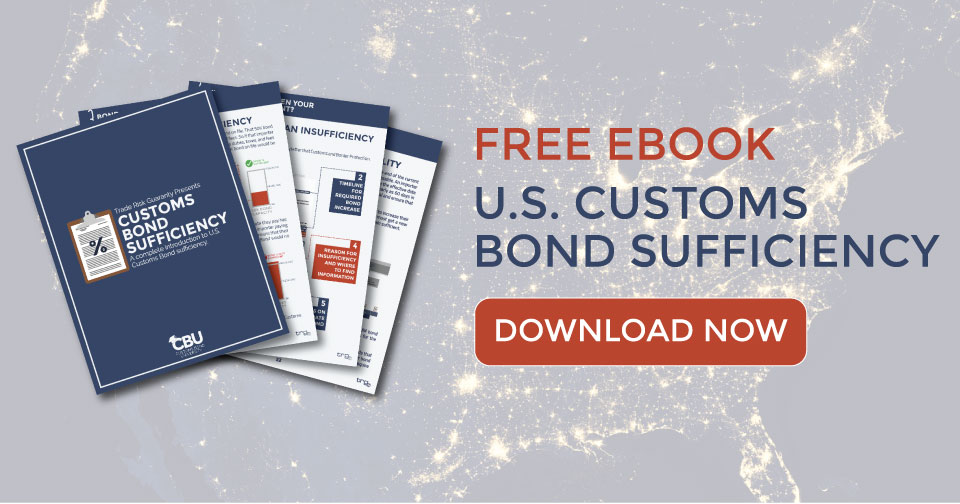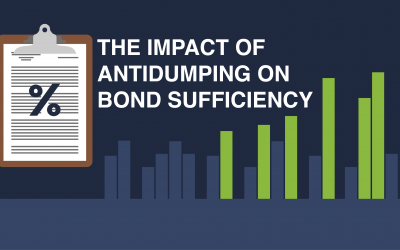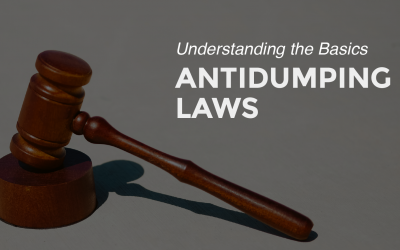The short timeframe associated with receiving a debit voucher from Customs and Border Protection can have a detrimental effect on a company’s ability to import. Learning more about this type of claim can help you avoid the problem to begin with.
When a debit voucher is issued by CBP, an importer must take action to resolve the issue very quickly in order remain compliant with Customs and avoid being sanctioned. However, if it is your first time receiving a debit voucher, you may not know what it means and how to resolve the issue at all.
What is a Debit Voucher?
Debit Vouchers are a type of claim on your Customs Bond issued to an importer when a payment submitted by them (or on their behalf) is “dishonored” by Customs. “Dishonored” refers to any instance where Customs cannot access funds sent to them.
Most often this occurs when the account from which the funds were to be drawn is insufficient or when the banking details are entered in incorrectly. These are high priority claims that can result in sanctioning if not resolved swiftly.
In these scenarios where a payment was missed, Customs will almost always issue a liquidated damage for the late/missed payment in addition to the debit voucher. However, these liquidated damages will often not be issued until about a year after the debit voucher.
How Much Can Debt Voucher Cost an Importer?
Since a debit voucher is issued when a payment is deemed “dishonored” by Customs, the amount owed to resolve the voucher is the amount of the originally payment due. Sometimes Customs will charge interest on top of that amount, but it is typically a very small percentage of the total amount.
Remember, any time Customs is unable to access funds from an importer, a voucher is issued. For example, if an importer submitted payment for a supplemental duty bill or a liquidated damage and then they put a stop payment on that check because they were planning to file a protest of a petition, Customs would still attempt to cash that once it arrived. When the check inevitably bounces because of the stop payment, Customs would deem that payment dishonored and a debit voucher would be issued.
In CBP’s eyes, the importer still submitted a dishonored payment regardless of the extenuating circumstances. Since a debit voucher has now been issued, the importer will need to resolve that voucher in order to avoid further issues.
How to Handle a Debit Voucher
The most important thing for an importer to remember if they receive a debit voucher from CBP is to pay it as quickly as possible. Debit vouchers have a very short timeframe open for an importer to take action when compared to other types of claims that can arise during the process of importing into the United States. And since debit vouchers arise from a dishonored payment to CBP, Customs does not take these claims lightly.
Debit vouchers must be paid with 15 days of the issue date. If the voucher is not resolved within those 15 days, the importer will be sanctioned by U.S. Customs. Being sanctioned at this due date is an automated process within Customs. Therefore, as soon as the voucher reaches the 15 mark without being paid or otherwise resolved, the system will automatically mark the importer as sanctioned.
When an importer is sanctioned by Customs their importing is essentially stopped. All live entries made while an importer is sanctioned will be stopped and Customs will only accept cash payments. Sanctions are nationwide so this applies to every port within the United States.







![[Video] What Are Antidumping and Countervailing Duties?](https://traderiskguaranty.com/trgpeak/wp-content/uploads/2024/03/what-are-antidumping-countervailing-duties-YT-400x250.png)